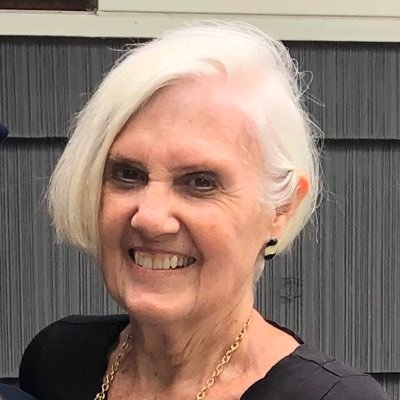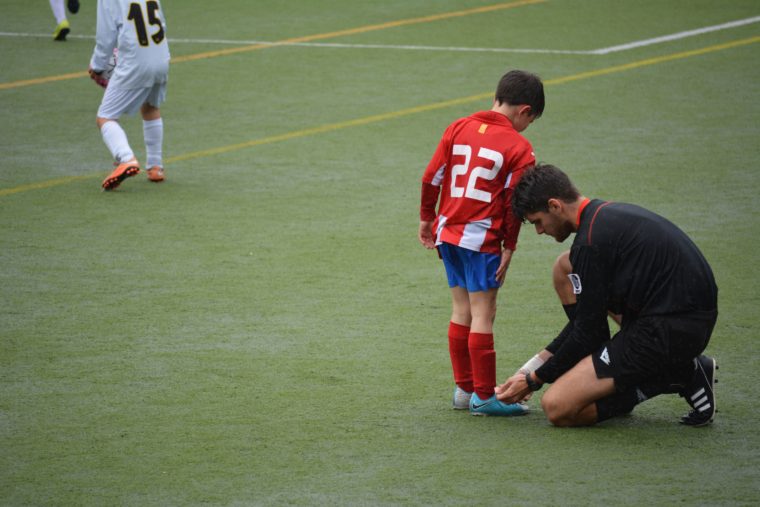
BEFORE I share this with you, I want you to know that I’m heading somewhere with this post as an invitation to you to join us, but, first the story. Sorry it’s rather long. I wrote the part about vandalism to get to the point of what it feels like to be violated when you lose what is precious to you.
It Started With My Post on Twitter
JUNE 22 TWITTER
Five years ago the walnut farm where I farmed was targeted. First they stole half our irrigation pipe and pipe trailer, which had to be replaced for us to operate. Then they stole a historic metal spiked-wheel tractor, then an old Ford tractor my father had given me.
They vandalized the domestic well, dumped trash, took up residence in our antique travel trailer. It got to where I was fearful to work there. Walking the property and seeing the devastation felt like being violated, I felt a deep pain & felt sorry for my dad. Nothing was recovered.
Similarly, I feel pain as I watch our country being devastated, people getting hurt, killed, and landmarks being desecrated that are part of our history. It feels like a violation of being. When you hate, feel justified & don’t care who gets hurt, you become like what you hate.
JUNE 23
Mabs: I am so sorry this happened to you. It’s hard to understand why anyone would do this. Sin takes over a person’s life until they feel little or no remorse. One day God will make all things right.
NORMA: We need a nationwide prayer meeting. I’m not kidding.
Mabs: Absolutely! And let it begin in “us.” Send me a time when you are praying. I’ll add 3 hours and pray at the same time here. We are 3,000 miles apart. Doesn’t matter. Let’s pray “together” for repentance, revival, and healing for our nation.
Norma: Will do. How about tomorrow? You set the time and I’ll match it.
Mabs: I’ll pray at noon. Will 9:00 AM work for you? “Your eyes are on the righteous, Lord, and Your ears are open to our prayers. So keep us from falling and restore righteousness to our land. In Jesus name, Amen”
Norma: Perfect. Thank you for this.
JUNE 24
Mary Anne (Mabs) and I pray at the same time, she at 12:00 and me at 9:00. I pray for one solid hour all things related to our country. I am totally in the zone. I am praying for the souls of our leaders, for the deceit and corruption and all things related to the crisis and political badness going on. I sense God’s presence in the room with me. I don’t fight any sleepiness or mind wandering. A little later I contact Mabs via Twitter.
Later that day.
Norma: Thank you for praying with me. Let’s do this again a week from today. I sensed God’s presence while I was praying. Would it be okay with you if I invite my Facebook friends to join? I think we’re in deep weeds right now, both in the nation and in the church. Bless you, my friend.
Mabs: I would love to join you again. This was a special time of prayer for me. God’s presence was near. Humbling! I’d love it if others joined us. I just finished praying. God led me to II Chronicles 20. Read Jehoshaphat’s story. I wrote a song about this. (She sends me the song. It’s powerful.)
Norma: Beautiful. I found myself praying for many public figures across the spectrum, whoever came to mind, among other things.
Mabs: I did that as well. I can’t imagine what it must be like to hold a public office today. They need our prayers. They need God’s direction. I also prayed for you and your family. I prayed for our country which was founded on religious freedom. We need God!
Why I’m Concerned
I am very concerned about our country and what’s going on here, a discrediting of our nation’s past and its Christian underpinnings. Especially as I read what people are saying like: tear down the White Jesus statues because they were put up by racist white people, drop the Star Spangled Banner…replace it with I Can Only Imagine, change names like Washington state because George Washington was racist, change our constitution…
It’s not difficult to know how we got here, and wrongs have been done… I’m not disputing that… but it’s a repudiation of much of what has made America the land of the free, its values, that are under assault. I think we’re being played. The momentum with which this is happening is troubling. We need to get serious about praying for our nation and world.
This is a defining moment in America and world-wide. I do pray, seriously pray, that positive change will come and we will treat one another with dignity and respect, and that we will appreciate our country and do our part to make it better. But it will take a different narrative than the one that is playing.
Mabs’ Insightful Comment
Mary Anne includes this statement in a private message.
Mabs: Thank you, Norma. I just had such a strong feeling when praying that our country was founded on religious freedom. As the settlers landed in Jamestown, they knelt and gave thanks to God. I believe they dedicated this “land” to Him. I know God sees what is going on in our beloved nation. So however He answers our prayers, I know it will be His perfect plan for us. I’m praying for God to restore our freedoms so that we, as a Christian nation, might continue to shine His light in these dark times. If God has other plans, He will give us strength to live for Him no matter the conditions. It has made me realize, in a small way, what our Christian brothers and sisters endure who live in oppressive countries. By the way, all this rioting and destruction is a ploy by the liberal faction to make us hate our country. We are being told over and over again that we should hate everything we have done and we should hate America. This is a ploy to make people feel that we need to get rid of our constitution and our democracy. I’m sorry for another long message. I know you are aware of all these things. . . .Have a beautiful day. Keep looking up! God is our only hope!
Mary Anne then asks if she can invite family members and friends to join us in praying on Wednesdays.
Mabs: I was wondering if it would be okay for me to ask a few of my friends and family to join our prayer group also. We need to repent and pray for God’s mercy on our nation. Praying yesterday was such a special time for me because I knew you were united in prayer at the same time. I felt the Spirit’s presence. I felt led to fast lunch.
Norma: Yes, invite whomever you wish. I am going to emphasize one condition, that we use this time to pray for public personas, entities, churches, souls, nation, and world. I’d like to keep this time as “sacred” time devoted to areas outside of our personal lives as much as possible. I don’t want it to be about our own problems. One caveat, we should pray for those who don’t follow Christ. I have a great burden for those who were raised in the faith that live as if it doesn’t matter or have rejected it altogether especially Millenials.
Mabs: Completely agree! I want this to be a time of intense prayer for our nation, our leaders, our churches and pastors, etc. I am so burdened for this nation and those lost in the false narrative that is destroying our nation and its people. Thank you for praying with me. We know Who holds the answers. If my people..
You are Invited to Join Us in A Call to Prayer
Mark your calendar.
Pray with us: You are welcome to join us in praying every Wednesday at 9:00 a.m. Pacific time. This is to be a time of prayerful intercession for our citizens, cities, states, government officials, law enforcement, racism, churches, country, and any entity, local included, that comes to mind. This is not a time for anger, it is a time of supplication as we petition God. But we must approach God with clean hearts ourselves. Start there first. May God do his perfect work. If you can pray for an hour, please do. Invite your praying friends. Thank you for your prayers.
“The effectual fervent prayer of a righteous man availeth much.” –James 5:16 KJV
I will let you know when/if I create a FaceBook page for A Call for Prayer.
. . .
TWITTER INFO (links will take you to Twitter)



